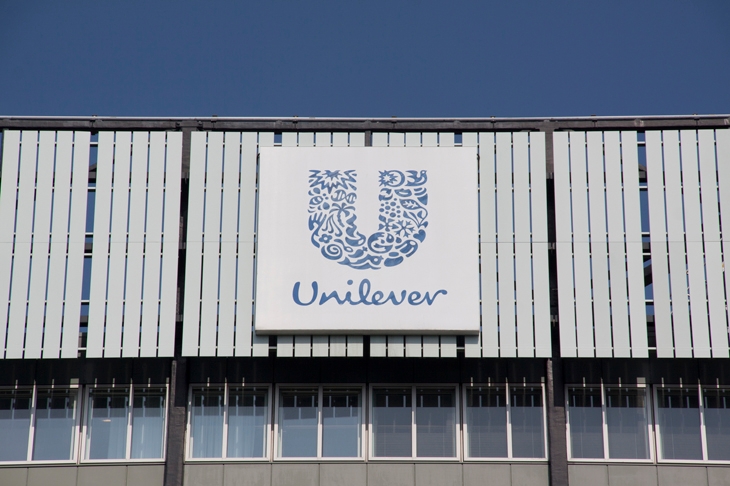I was sorry Kraft Heinz’s £115 billion bid for Unilever collapsed so fast — unveiled on Friday, it was dead by Sunday. Not that I saw the aggressor as a worthy potential victor; but a longer battle would have provided great material for column-sermons on good and bad capitalism. Aha, I hear you ask, but which side is which?
Unilever is the Anglo-Dutch maker of Dove soap and Magnum ice creams. With its dual headquarters in London and Rotterdam, its multi-layered bureaucracy and its bosses who bang on about social responsibility, it might be seen as a big fat corporate proxy for the European Union — in urgent need of a shake-up. Processed-cheese-to-ketchup giant Kraft Heinz, by contrast, is a cost-slashing value-generator bolted together by two of the world’s wiliest investors, Warren Buffett and the Swiss-Brazilian billionaire Jorge Paulo Lemann. If the two conglomerates became one, supermarkets would still offer their brands at the same prices; Unilever shareholders could cash out if they didn’t like it; factories might close, but that’s the way of the world: there’s no other way to maximise profits.
Well, maybe. Except that culture-destroying mega-mergers rarely reward investors. And the business world flourishes through biodiversity in which there’s still room for Unilevers that set global benchmarks and train top managers, just as there’s room for disrupters and innovators. But Kraft Heinz is none of those: it is a predatory financial robot designed to chew up acquisitions and spit out the bits that underperform. The outcome of Kraft’s 2010 hostile takeover of Cadbury — now just a sad name within another corporate monster, Mondelez — is all the cautionary tale we need. A good thing, then, that the Kraft Heinz crew read the weekend reactions and realised they had launched a battle they would not win.
Secondhand Vauxhall
Unilever filled the headlines, but the week’s most significant takeover story was the potential sale of General Motors’ European interests, including Vauxhall factories employing 4,500 workers in Luton and Ellesmere Port, to PSA, the French parent of Peugeot and Citroën.









Comments
Join the debate for just £1 a month
Be part of the conversation with other Spectator readers by getting your first three months for £3.
UNLOCK ACCESS Just £1 a monthAlready a subscriber? Log in